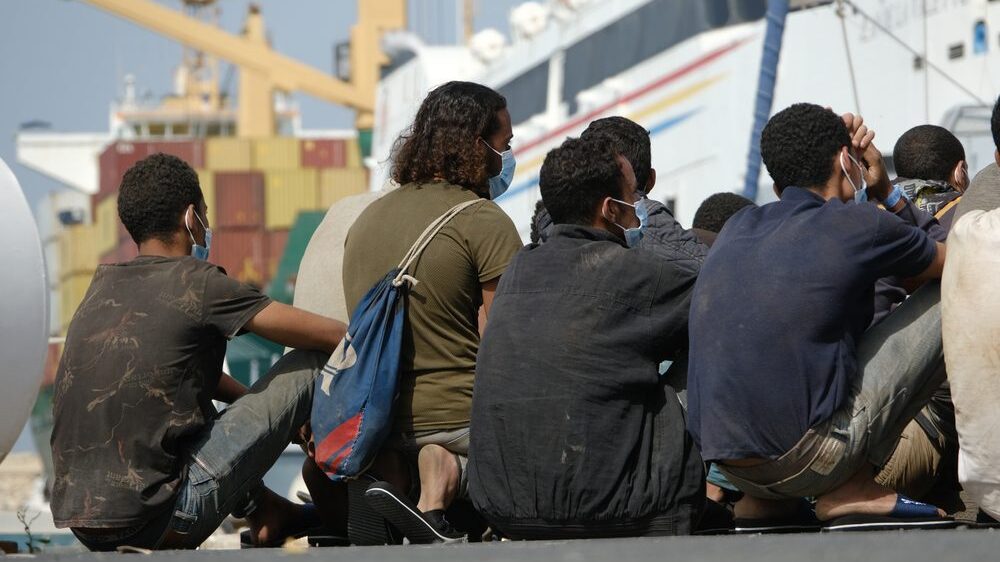
Alessio Tricani / Shutterstock.com
The European Court of Human Rights (ECHR) ruled in favour of four deported Tunisian migrants Thursday, March 30th, directing the Italian government to pay €12,500 compensation to each of the four men for human rights violations.
The Tunisians were rescued as they were crossing the Mediterranean on a makeshift boat in October 2017, and were then held at a detention centre on Lampedusa before being deported back to Tunisia later that month.
Seven judges from the ECHR found that the Italian government breached various articles of the European human rights convention, namely, by unlawful detainment and by failing to assess each of the men’s asylum cases individually.
The decision is a potential landmark ruling and may complicate future attempts at enforcing border security by Italy, which is in a long-running battle against open-border NGOs. The judgement comes as Italy is dealing with a worsening asylum surge from Mediterranean boat arrivals, despite a clampdown by the newly-elected Meloni government.
The ECHR has long been viewed as a major forum of opposition to border control, evident in high-profile court cases involving its opposition to the UK government’s intention to roll out its Rwanda plan to combat illegal migration.
Italy has been targeted by the ECHR before for its treatment of child migrants, with Italian authorities coming under pressure from the court to stop quickfire deportations of illegal migrants back to Greece. The ECHR has previously sent observers to monitor Italian border policy against allegations of illegal “pushback” operations where migrants are sent back illegally in container ships.
The Meloni government announced plans last month to provide aid to the struggling Tunisian economy, in hopes of stemming migration flow, as EU officials voiced concerns that the North African nation is on the verge of collapse. Water supply was restricted over the weekend amid a drought, while experts warned of growing authoritarianism from Tunisian President Kais Saied, who garnered international attention for his own comments on migration and demographic change.
While Italy is increasingly assertive in its domestic and foreign policy, last week’s ruling shows that the country has a long way to go before it is free from humanitarian red tape. Even competent right-wing administrations like Italy are susceptible to foreign court rulings, with the ECHR presenting itself as the major institutional obstacle to migration control.
